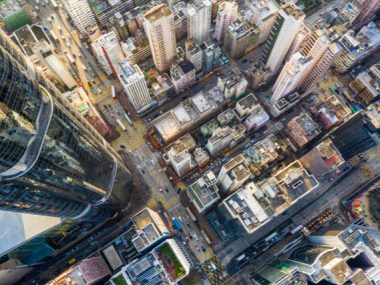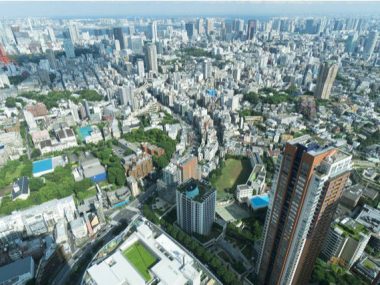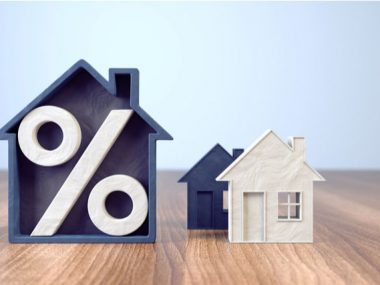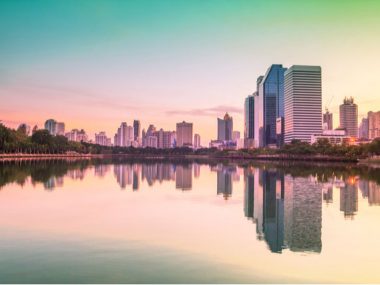In the run-up to the 2020 Tokyo Olympic and Paralympic Games, demand for construction and investment is predicted to be active and prices are expected to rise. After this momentous high, many people believe that demand will decrease rapidly after the Olympics, whilst others think that active investment will continue after 2021, although mainly in the Tokyo area.
Big projects in Tokyo
In the Tokyo area, large-scale projects are progressing across the city. For example, at the Tokiwabashi Block Redevelopment Project near Tokyo Station, a 390 metre-tall tower is scheduled for completion in 2027. Near Shinagawa Station, a new transport hub on the JR Yamanote Line, Takanawa Gateway Station is under construction, and the nearby Shinagawa Development Project (First Period) is scheduled for opening in 2024.
In addition, Shibuya Station is redeveloped every 100 years, and new office buildings and commercial facilities are being constructed one after another. Many of the large offices that are scheduled to be completed in 2020 are so popular that tenants are committing in advance, showing high levels of demand for such properties. On this evidence, it may not be accurate to suggest that the economy will hit a recession and real estate prices will drop after the 2020 Tokyo Olympics and Paralympics.
Japan’s economic potential is high, especially in the central Tokyo area, and it is likely to become an even more attractive real estate investment destination in the future.
After the Olympics
Real estate experts remain motivated to invest after the Olympics. In the real estate investor survey conducted by the Japan Real Estate Institute in October 2018, each investment category is asked for their future market forecasts.
According to the survey, in the office space sector, 57.9% of the respondents said the present growth will continue until about 2020. On the other hand, 8.3% answered that the present situation will continue until about 2021 and 15.7% agreed that the present situation will continue until about 2022.
Similarly, in the one-bedroom condominium market, 56.6% of the respondents said the present situation will continue until about 2020, this was the number one answer. 8.8% believe that the present situation will continue until about 2021, and 17.7% that the present situation will continue until about 2022.
Strong desire to invest in real estate thanks to public pension funds
The survey also asked about negative and positive factors in the Japanese real estate market’s future. Responses regarding negative factors were as follows:
- 1st: Risk of a rise in interest rates
- 2nd: Changes in lenders’ lending attitudes
- 3rd: Sudden contingencies
The results reflect the Financial Services Agency’s stance on loans becoming stricter to crack down on illegal loans relating to apartment management.
As for the risk of rising interest rates, the Bank of Japan has clearly stated its intention to continue its current easy-money policy until around 2020, thus alleviating those concerns.
The answers regarding positive factors were ranked as follows
- 1st: Accelerating inbound investment
- 2nd: GPIF – Government Pension Investment Fund operation and other public pension investments in real estate
Inbound investment centred on China seems to have stopped recently. But Japan’s appeal, especially Tokyo, shows no sign of waning in Asia. There is no doubt that foreign investment will continue in the future. In addition, interest in real estate, such as public pensions, remains high, as the attractiveness of financial products continues to decline in the era of ultra-low interest rates.
Judging from the views of real estate investment experts, the attractiveness of real estate investment is likely to remain high for the time being.

